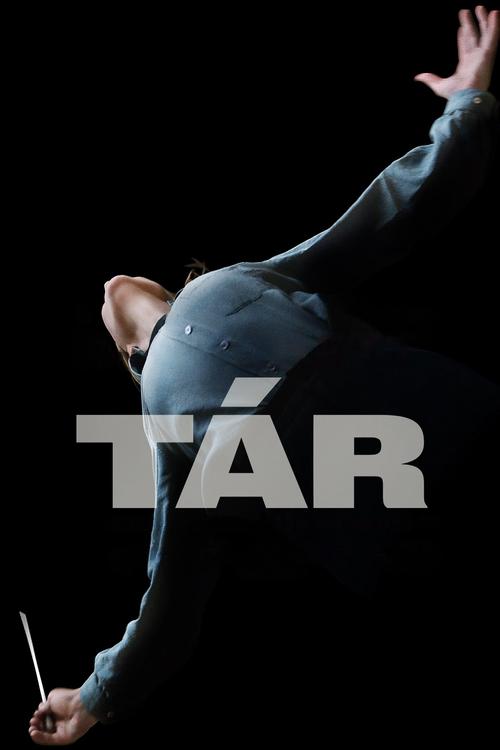
Title: TÁR
Year: 2022
Director: Todd Field
Writer: Todd Field
Cast: Cate Blanchett (Lydia Tár), Nina Hoss (Sharon Goodnow), Noémie Merlant (Francesca Lentini), Sophie Kauer (Olga Metkina), Julian Glover (Andris Davis),
Runtime: 158 min.
Synopsis: As celebrated conductor Lydia Tár starts rehearsals for a career-defining symphony, the consequences of her past choices begin to echo in the present.
Rating: 7.089/10